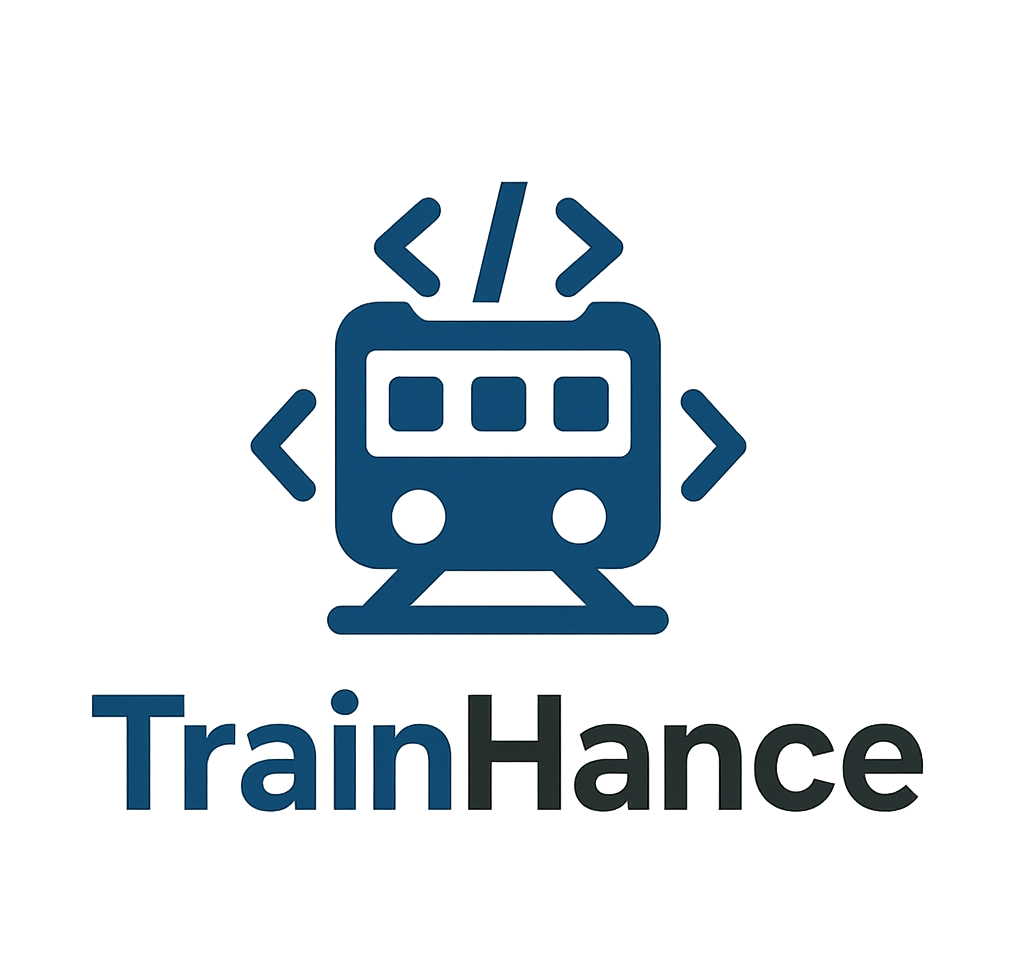Top 10 Oracle FLEXCUBE Interview Questions for Banking IT Roles
Oracle FLEXCUBE is a leading core banking solution widely adopted by banks and financial institutions around the globe. It is renowned for its scalability, modularity, and ability to integrate seamlessly into both traditional and modern IT infrastructures. For professionals seeking roles in banking IT, understanding the ins and outs of Oracle FLEXCUBE is crucial. This blog dives into the Top 10 Oracle FLEXCUBE Interview Questions that can help IT professionals prepare for their next big opportunity.
Table of Contents
- Overview of Oracle FLEXCUBE
- FLEXCUBE vs Finacle
- FLEXCUBE Core Modules
- Deployment Architecture (On-Prem/Cloud)
- APIs and Integrations (SOAP/REST)
- Role-Based Access in FLEXCUBE
- Working with COTS Products Like FLEXCUBE
- Customization Techniques (OFSAA, OBIEE)
- Reporting Modules and Dashboards
- Security and Audit in FLEXCUBE
- FAQs
1. Overview of Oracle FLEXCUBE
What is Oracle FLEXCUBE?
Oracle FLEXCUBE is a comprehensive core banking solution designed to streamline banking operations and provide a unified customer experience. It supports retail, corporate, and investment banking environments.
Key Features:
- Comprehensive Functionality: Covers areas such as core banking, deposits, loans, and treasury operations.
- Integration-First Approach: Built for modern financial ecosystems that require third-party integrations.
- Scalability: Highly suitable for both small regional banks and global financial institutions.
This unified platform helps banks achieve operational efficiency while maintaining customer-centric services.
2. FLEXCUBE vs Finacle
Similarities
Both FLEXCUBE and Finacle are market leaders in the core banking domain, offering robust solutions for banking automation, customer relationship management, and digital transformation.
Differences
- Platform Customization: FLEXCUBE provides flexibility for architectural modifications, while Finacle focuses more on out-of-the-box configurations.
- Client Focus: FLEXCUBE is preferred by global banks due to its advanced international banking modules, whereas Finacle often focuses on domestic banking setups.
- Technology Stack: FLEXCUBE leverages Oracle Database as its backend, offering native optimizations for Oracle-based infrastructures.
Pro Tip: Understanding their comparative strengths can highlight your analytical capabilities during interviews.
3. FLEXCUBE Core Modules
Oracle FLEXCUBE operates with modular components that address diverse banking needs.
Key Modules:
- CRM (Customer Relationship Management): Manages customer profiles and cross-channel interaction.
- Retail Banking: Handles deposit accounts, payments, and personal loans.
- Corporate Banking: Covers trade finance, cash management, and investment services.
- Treasury Management: Optimizes asset trading and liquidity management.
The modular approach ensures that updates or customizations in one function don’t disrupt other components.
4. Deployment Architecture (On-Prem/Cloud)
Deployment Options:
- On-Premise: Deployed in the bank’s own data centers, offering full control over infrastructure and security compliance.
- Cloud-Based FLEXCUBE: Integrated with Oracle Cloud Infrastructure (OCI) for scalability, cost efficiency, and faster deployment.
Hybrid Approach:
Many banks prefer a hybrid system, hosting core operations on-prem while using the cloud for analytics and customer interfaces.
Key Interview Question: Demonstrating your ability to configure FLEXCUBE for multiple deployment models can showcase adaptability.
5. APIs and Integrations (SOAP/REST)
Oracle FLEXCUBE supports both SOAP and RESTful APIs for seamless integrations.
Common Uses:
- Interoperability: Connect FLEXCUBE’s core modules with payment systems, CRM tools, and customer apps.
- Real-Time Capabilities: Use RESTful APIs for UPI payments or credit disbursements.
- Security: APIs feature secure tokens and encryption standards like OAuth.
Example:
An API can be used to enable third-party fintech apps to fetch customer loan eligibility data in real-time.
6. Role-Based Access in FLEXCUBE
FLEXCUBE incorporates role-based access control (RBAC) to maintain high security and efficient workflows.
Features:
- Define user roles with specific permissions (e.g., Teller, Branch Manager, Auditor).
- Segregate duties to minimize fraud risks.
- Audit role changes to meet compliance requirements.
Role-based access ensures granular control over who can access specific modules and data sets.
7. Working with COTS Products Like FLEXCUBE
COTS (Commercial Off-The-Shelf) products minimize development time while ensuring high reliability.
Benefits of FLEXCUBE:
- Fast Deployment: Pre-configured workflows reduce implementation timelines.
- Extensive Support: Oracle offers dedicated support for COTS implementations globally.
- Scalability: Easily updated or expanded for new banking services.
Pro Tip: During interviews, emphasize your ability to identify scenarios where COTS fits best versus custom development.
8. Customization Techniques (OFSAA, OBIEE)
OFSAA:
Oracle Financial Services Analytical Applications (OFSAA) is used for risk management, customer analytics, and compliance in FLEXCUBE.
OBIEE:
Oracle Business Intelligence Enterprise Edition (OBIEE) provides advanced reporting options, helping banks generate interactive dashboards for regulatory and operational insights.
Interview Insights:
You might be asked how to use OFSAA to implement Basel III norms or customize OBIEE reports for loan performance tracking.
9. Reporting Modules and Dashboards
Reporting in FLEXCUBE leverages advanced analytics to help banks make informed decisions.
Key Features:
- Real-Time Dashboards: Displays KPIs such as transaction performance and loan disbursement rates.
- Customizable Reports: Tailors reports for compliance and business needs.
- Visualization Tools: Integrated with tools like Tableau and Power BI for enhanced data interpretation.
The ability to explain reporting workflows demonstrates your understanding of banking analytics.
10. Security and Audit in FLEXCUBE
Given strict regulatory standards in banking, FLEXCUBE’s advanced security and auditing features are critical.
Security Framework:
- Encryption: Protects data in transit (TLS) and at rest (AES-256).
- Access Controls: Includes multi-factor authentication (MFA) and session-based restrictions.
Auditing Capabilities:
- Logs all activities like user logins, data access, and configuration changes.
- Generates reports for regulatory audits such as those compliant with GDPR and PCI DSS.
Security-related questions often test your ability to identify and mitigate risks while ensuring compliance.
FAQs
Is Oracle FLEXCUBE suitable for all banks?
Yes, FLEXCUBE is versatile and can be used for retail, corporate, and investment banking. Its modularity allows customization based on specific banking operations.
How does FLEXCUBE handle scalability?
FLEXCUBE supports horizontal and vertical scaling, particularly when deployed on Oracle Cloud Infrastructure (OCI).
What are some common Oracle FLEXCUBE certifications for IT professionals?
Certifications in areas like Oracle FLEXCUBE Universal Banking and Oracle Cloud can enhance expertise and job prospects.
Summary
Oracle FLEXCUBE is a powerhouse in the banking domain, offering comprehensive solutions for banking operations, integrations, and analytics. From its robust architecture and modular functionality to advanced security and reporting tools, FLEXCUBE remains a favorite among financial institutions worldwide. Mastering these top interview questions equips IT professionals to excel in their careers and develop cutting-edge solutions in core banking systems.
Dive deeper into Oracle FLEXCUBE’s official documentation to strengthen your understanding and give yourself an edge in the competitive IT banking landscape!


